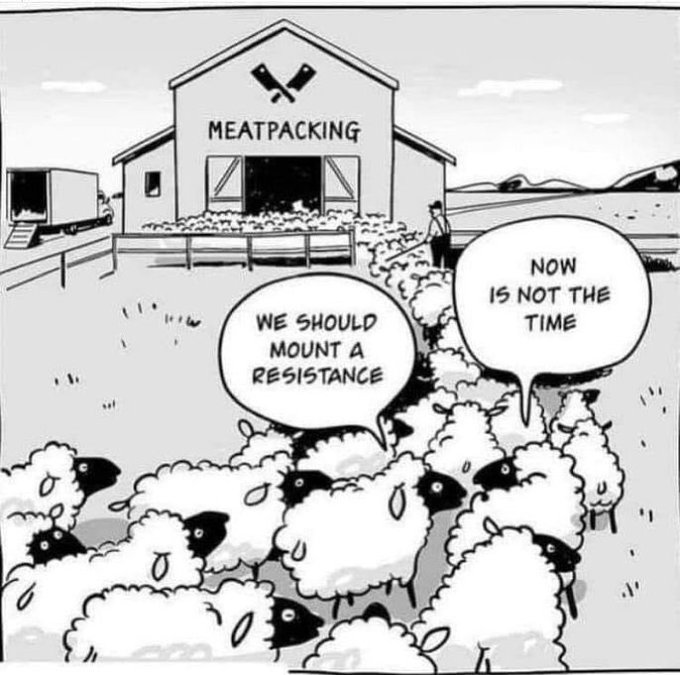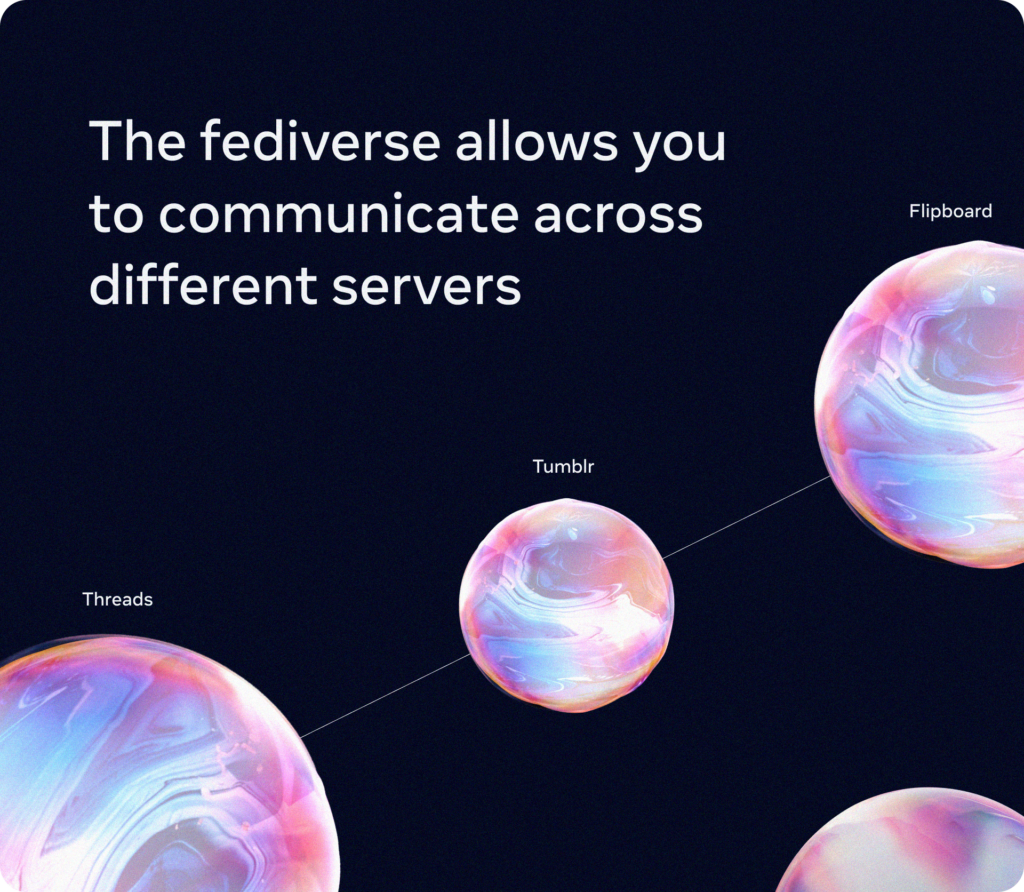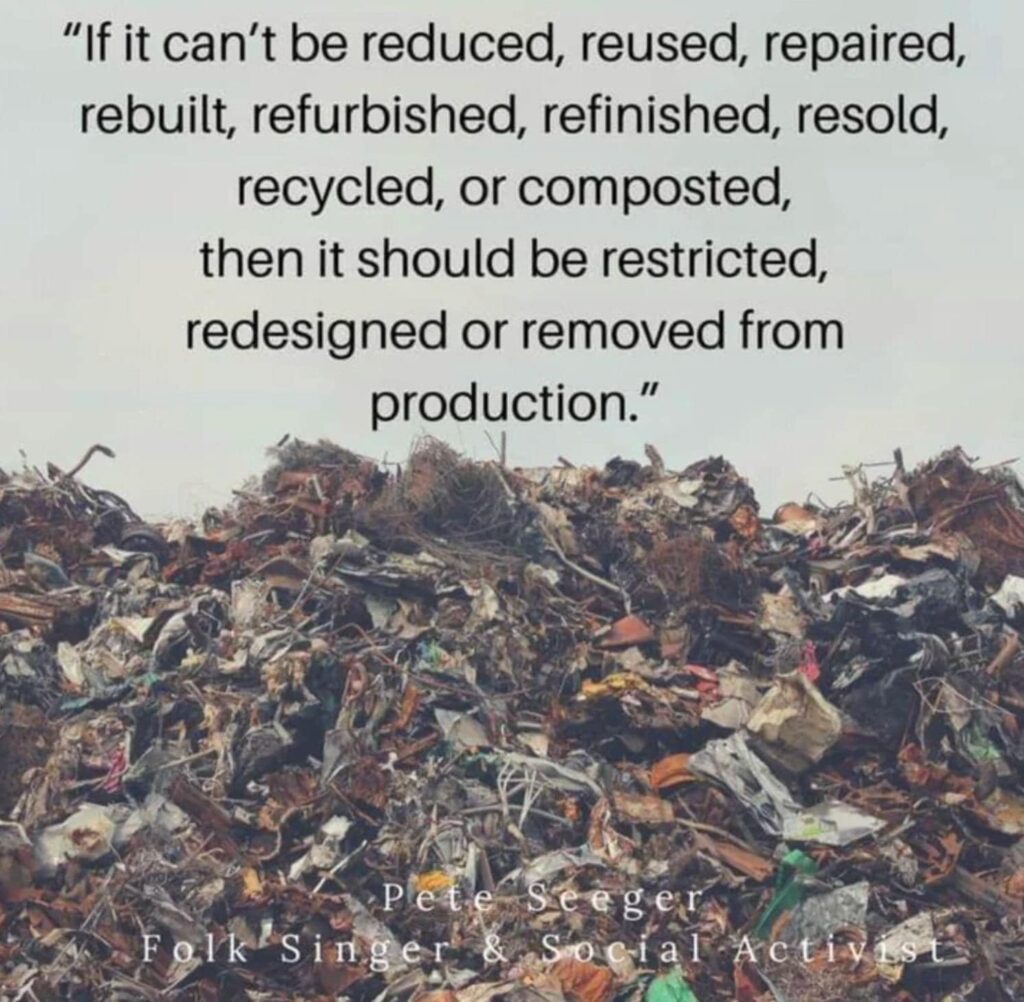Let’s look fresh at an old idea, and useful path that is currently being blocked. Ideologies are frameworks for interpreting and navigating the world, the #mainstreaming “common sense” of rejecting them amounts to rejecting structured understanding. When people claim to eschew ideology, they default to the dominant paradigm, the #deathcult of #neoliberalism, without realizing it. This uncritical stance isn’t radical or alternative; it’s a by-product of mainstreaming and the disorienting effects of #postmodernism.
The act of composting this mess is acknowledging and breaking down these entrenched, harmful systems, for the needed, cultivating healthier, more grounded alternatives. Keeping it simple (#KISS) and reaching for that metaphorical shovel is the first step in transforming decayed ideas into fertile ground for the #OMN and other grassroots projects.
So yes, it’s time to dig deep, break it down, and build anew. Let’s shovel together. 🌱
What can you do? Some actions to reclaim the #openweb and refocus on its core principles of trust, humanity, and grassroots democracy is a good first step. The #posttruth era has eroded the integrity of our media, and tools like #Google—once a gateway to knowledge—have been reduced to serving the agendas of #dotcons and more recently the state, leaving us stranded in a desert of noise and distraction.
To take the different path, we need:
- Composting the #geekproblem: Our tech culture has long been trapped in deterministic, myopic paths that prioritize tools over people. This “#techshit” needs to be broken down and repurposed, with a focus on social and democratic values rather than isolated, insular designs.
- Pushing aside the #dotcons: These thrive on extraction, disconnection, and control. By putting them aside, we free ourselves to create paths and projects that genuinely serve communities, fostering collaboration rather than competition.
- Rebooting the #openweb: Grassroots democracy must be central to this effort, with social technologies incorporating human and social needs into their design, ensuring they empower rather than alienate. The #OGB and projects like it offer a tangible path by embedding democratic processes and open collaboration into the fabric of the web.
A simple path is the on i take on this site, the invitation to “click on the hashtags and think” to challenge and break out of default paths of disengagement and passivity. The #OMN isn’t only a tech project; it’s a rallying cry for those who want to see through the mess of the #mainstreaming culture and the #deathcult of neoliberalism.
If you’re reading this and feel the pull, it’s time to act. Visit Statements of Support, sign up, and let’s compost the mess to grow a flourishing, democratic #openweb together. Don’t be shy—this is our moment. 🌱








